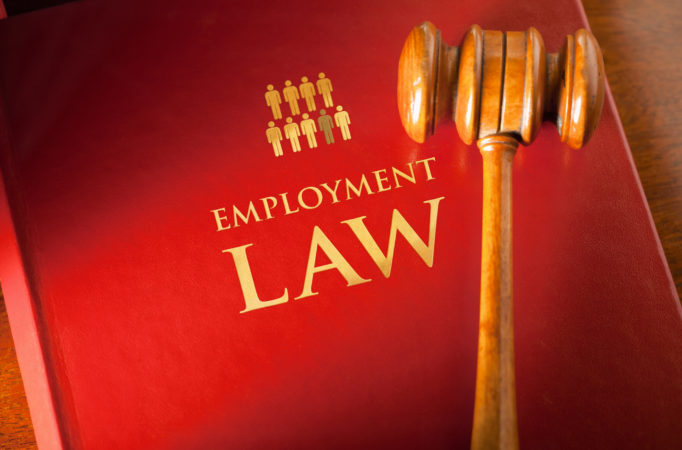Employment & Labor Law
Pennsylvania Federal Court Recognizes “Constructive Demotion” as a Type of Adverse Employment Action
In the employment law context, you’ve probably heard of constructive discharge as a type of adverse employment action. A constructive discharge occurs when an employer’s actions make an employee’s working conditions so unpleasant and difficult that a reasonable person in the employee’s shoes would feel compelled to resign from his or her job. A recent decision from the United States District Court for the Middle District of Pennsylvania has found that an adverse employment action can also occur in the form a “constructive demotion” – something not yet explicitly held to be an adverse employment action in the Third Circuit.
The case is Nicholson v. Petco Animal Supplies Stores, Inc., Civ. No. 1:18-CV-415 (M.D. Pa., September 6, 2019). It involved claims of age discrimination and retaliation by an employee contending that he was subjected to ageist comments by his supervisor (e.g., being referred to as an “elder statesman” and “old dog”). The employee complained to human resources, which addressed the issue with the supervisor. About three months later, the supervisor gave the employee a written warning related to job performance. At the same time, the supervisor suggested that the employee could step down to a lower position. The employee alleged that this suggestion came in the form of an ultimatum: step down or be fired. He took the demotion and ultimately brought suit against the employer for discrimination and retaliation under the Age Discrimination in Employment Act, citing the ageist comments and subsequent actions of his supervisor.
The employer moved for summary judgment on both claims. The motion was denied. In its analysis, the trial court recognized that the ultimatum allegedly given by the employee’s supervisor was an adverse employment action in the form of a “constructive demotion.” Invoking a reference to The Godfather’s Don Corleone, the court found that a fact question existed as to whether the employee had been given “an offer he couldn’t refuse.” Although constructive demotion has not been explicitly held to be an adverse employment action in the Third Circuit, it has in other jurisdictions, and the trial court relied on this. Specifically, it noted that “[c]onstructive demotion is no less adverse than actual demotion, and employers should not be permitted to create conditions that force an employee to accept a lower position when they are barred from creating conditions that cause an employee to involuntarily ‘resign’ – i.e., constructive discharge.”
There are a number of things employers can take away from this case. Among them is that care should be taken when dealing with potential discipline or demotion of employees who have opposed potentially unlawful employment practices. Proactively involving legal counsel early in such situations can avoid costly and prolonged disputes down the road.
About Us
Claims and suits brought against employers by employees are a large part of the cases being handled by the Employment lawyers at Houston Harbaugh. We focus on assisting and counseling our clients to be positioned to avoid claims, and if the claims are brought, to be prepared to defend against them.

Craig M. Brooks - Practice Chair
An employment and labor attorney, Craig primarily represents management, providing advice on how to handle employee issues and actions, as well as defending or pursuing claims in court and before government agencies on matters.
An employment and labor attorney, Craig primarily represents management, providing advice on how to handle employee issues and actions, as well as defending or pursuing claims in court and before government agencies on matters including:
- Employment discrimination claims
- Wage and hour matters
- Sexual and other harassment investigations and claims
- Family and Medical Leave Act
- Wrongful discharge
- Labor/Union matters
- Restrictive covenants
- Affirmative action programs
- Defamation
- Privacy
Craig also represents individuals with advice and pursuing claims arising out of their employment.

